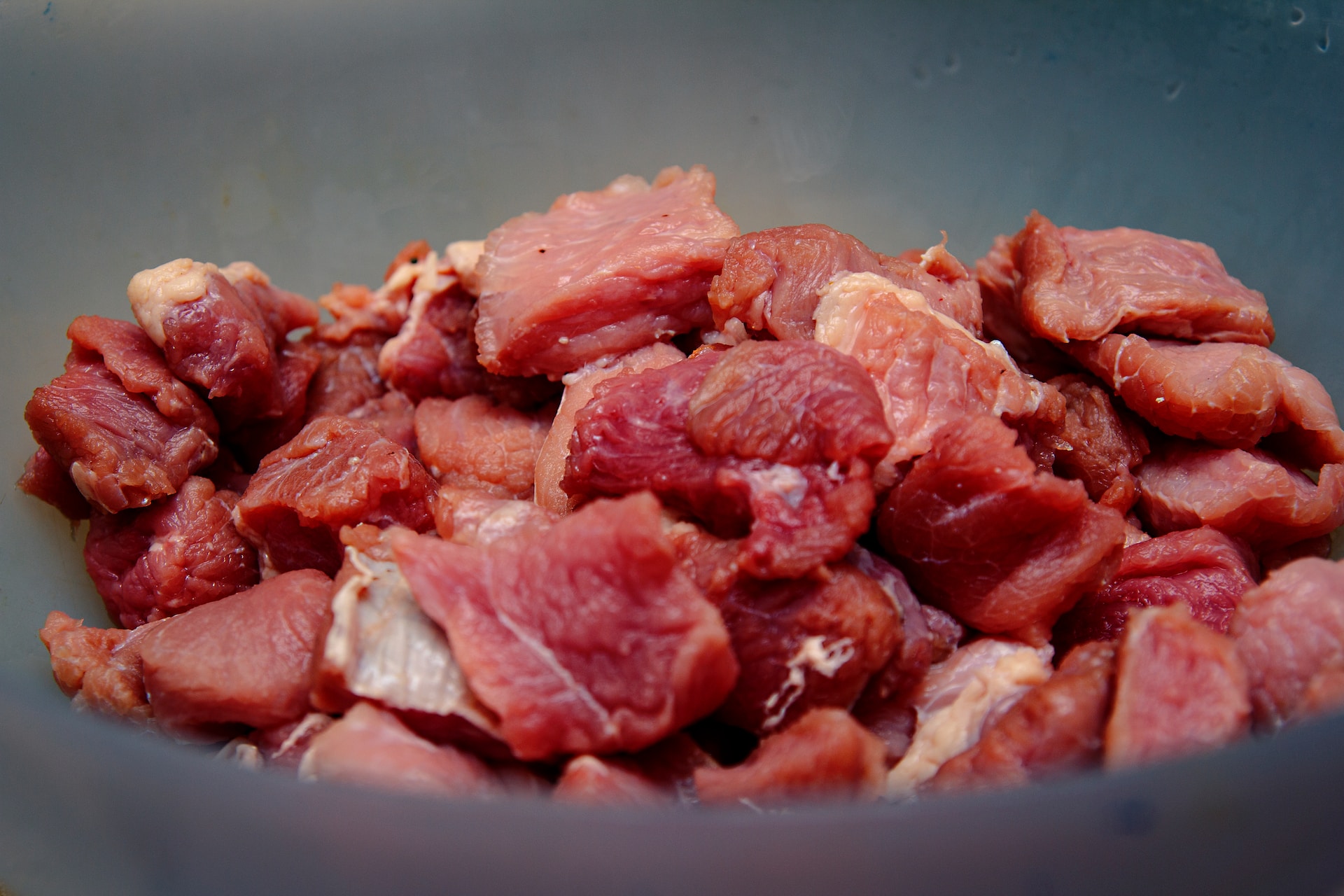
The Public Health Agency of Canada, the Canadian Food Inspection Agency, Health Canada and provincial public health partners are collaborating to investigate an outbreak of extensively drug-resistant (XDR) Salmonella infections that has been found in six provinces.
Two sources have been identified based on the ongoing investigation findings, Health Canada says.
- Exposure to raw meat prepared for pets (raw pet food) has been identified as a likely source.
- Contact with cattle, particularly calves, has been identified as a likely source for the illnesses reported in the outbreak.
Additional sources may be identified as the outbreak investigation continues.
The Data
As of November 11, 2023, there have been 40 confirmed cases of XDR Salmonella in six provinces, with individuals becoming sick between July 2020 and September 2023:
- Manitoba (1)
- Ontario (14)
- Quebec (21)
- New Brunswick (1)
- Nova Scotia (2)
- Prince Edward Island (1)
No deaths have been reported and 13 individuals have been hospitalized.
Illnesses associated with this current outbreak strain may be difficult to treat with commonly recommended antibiotics if they are needed. 43 per cent of the cases are children five years old or younger, 53 per cent of the individuals who became ill being female.
"The collaborative outbreak investigation was initiated because of an increase in reports of XDR Salmonella illnesses in multiple jurisdictions across Canada," Health Canada says in its warning,
"Using a laboratory method called whole genome sequencing, it was determined that some Salmonella illnesses dating back to 2020 were caused by the same outbreak strain as the illnesses that occurred in 2023."
Symptoms of the Salmonella bacteria typically start 6-72 hours after exposure, lasting for 4-7 days.
Symptoms may include:
- Fever
- Chills
- Nausea
- Vomiting
- Diarrhea
- Headache
- Abdominal cramps
People who are infected can spread the bacteria to other people several days to several weeks after they have become infected through person-to-person contact and contaminated surfaces, even if they are not experiencing any symptoms.
High-risk individuals for serious illness include:
- Older adults
- Young children
- People who are pregnant
- People with weakened immune systems
Many people who become ill from the illness will fully recover after a few days without treatment.
"The Salmonella strain associated with this outbreak investigation is extensively drug-resistant, which means it's resistant to all commonly recommended antibiotics," says Health Canada.
"This outbreak strain is also resistant to older antibiotic drugs. llnesses resulting from this outbreak strain may be difficult to treat with commonly recommended antibiotics, if antibiotic treatment is considered necessary."
If you are experiencing symptoms of a Salmonella infection, contact your health care provider.
How to protect yourself
The Public Health Agency of Canada (PHAC) does not recommend feeding raw pet food to pets at this time as germs such as Salmonella and E.coli have been found in commercially prepared raw pet food and treats and many raw meats and products used in homemade diets.
If you choose to feed pets raw food:
- Always wash your hands thoroughly with soap and water after feeding, handling, playing and cleaning up after pets.
- Wash and sanitize any containers, utensils and surfaces that have come in contact with raw pet food before using them again.
- Use dedicated dishes and utensils to serve your pet
- Store all pet food and treats away from where human food is stored or prepared.
- If thawing frozen raw pet food, place it in a sealed, clean container, and place it on the bottom shelf of the refrigerator, only thaw what is needed.
- Don't allow your dog to lick your open wounds, face or mouth.
If you come in contact with cattle via a farm or petting zoo:
- Always wash your hands with soap in warm water for at least 20 seconds (use alcohol-based hand rub if water and soap are unavailable) before and after you touch cattle or anything in the area where they live, eat or roam, even if you do not touch the animals directly.
- Do not eat or drink around cattle.
- Supervise children around animals. Don't let children put their fingers or objects (like pacifiers or their fingers) in their mouths when around animals or in an animal's area.
For more information on Salmonella, general food safety tips and pet tips, please visit the Government of Canada website
Source: Government of Canada